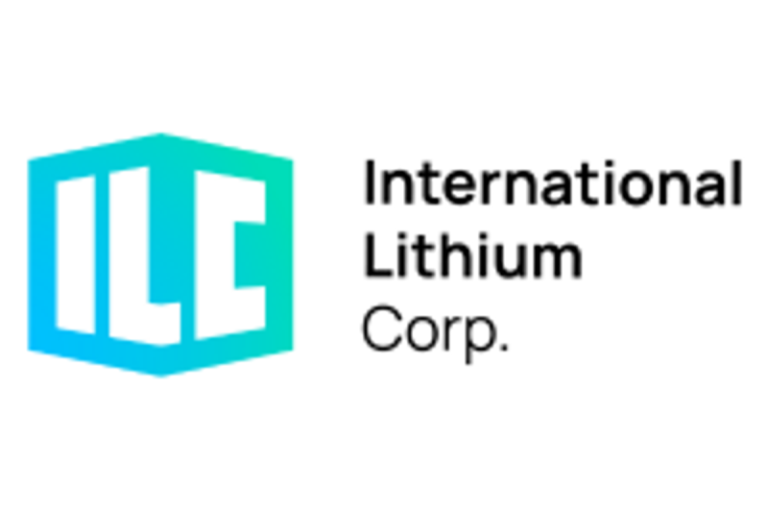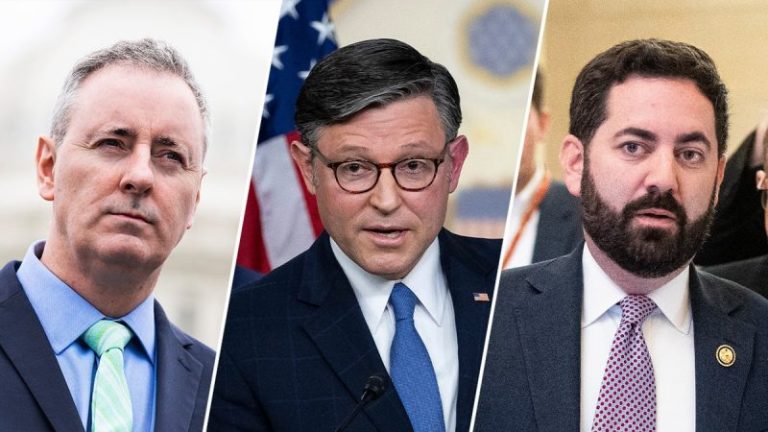Blackrock Silver Corp. (TSXV: BRC,OTC:BKRRF) (OTCQX: BKRRF) (FSE: AHZ0) (‘Blackrock’ or the ‘Company’) is pleased to announce the completion of its non-brokered private placement (the ‘Offering’) previously announced on December 24, 2025. 2176423 Ontario Ltd., a company beneficially owned by Eric Sprott, purchased an aggregate of C$6,999,960 of the Offering. The Offering consisted of a total of 13,636,300 units of the Company (the ‘Units’) at a price of C$1.10 per Unit for gross proceeds of C$14,999,930. Each Unit consisted of one common share of the Company (each, a ‘Common Share’) and one-half of one Common Share purchase warrant (each whole warrant, a ‘Warrant’). Each Warrant entitles the holder thereof to acquire one Common Share at an exercise price of C$1.50 per Common Share until January 8, 2028.
Andrew Pollard, Blackrock’s President and Chief Executive Officer, commented: ‘Supported by Eric Sprott and a new cornerstone investor, this $15 million financing meaningfully strengthens our balance sheet as we advance Tonopah West toward development. As an emerging American silver developer, we are accelerating permitting and de-risking initiatives in 2026 to support the advancement of a secure, high-quality domestic source of silver for the U.S. market.’
The net proceeds of the Offering are intended to be used by the Company to fund exploration, permitting and pre-development activities on the Company’s Tonopah West project and for general working capital.
In connection with the closing of the Offering, the Company paid Research Capital Corporation (the ‘Finder‘) finder’s fees in cash totalling C$689,997 and issued to the Finder a total of 627,270 non-transferable finder’s warrants (‘Finder’s Warrants‘) in connection with the Units placed by the Finder. Each Finder’s Warrant entitles the holder thereof to acquire one Common Share at an exercise price of C$1.50 until January 8, 2028.
The participation of Eric Sprott in the Offering constituted a ‘related party transaction’, within the meaning of TSX Venture Exchange Policy 5.9 and Multilateral Instrument 61-101 (‘MI 61-101‘). The Company has relied on the exemptions from the formal valuation and minority shareholder approval requirements of MI 61-101 contained in sections 5.5(a) and 5.7(1)(a) of MI 61-101 in respect of the related party participation in the Offering as neither the fair market value (as determined under MI 61-101) of the subject matter of, nor the fair market value of the consideration for, the transaction, insofar as it involved the interested parties, exceeded 25% of the Company’s market capitalization (as determined under MI 61-101).
The Common Shares, Warrants and Finder’s Warrants issued in connection with the Private Placement and the Common Shares issuable upon exercise of the Warrants and Finder’s Warrants are subject to a hold period expiring on May 9, 2026.
The securities offered have not been, and will not be, registered under the U.S. Securities Act of 1933, as amended (the ‘U.S. Securities Act‘) or any U.S. state securities laws, and may not be offered or sold in the United States or to, or for the account or benefit of, United States persons absent registration or any applicable exemption from the registration requirements of the U.S. Securities Act and applicable U.S. state securities laws. This news release shall not constitute an offer to sell or the solicitation of an offer to buy securities in the United States, nor shall there be any sale of these securities in any jurisdiction in which such offer, solicitation or sale would be unlawful.
About Blackrock Silver Corp.
Backed by gold and silver ounces in the ground, Blackrock is a junior precious metal focused exploration and development company driven to add shareholder value. Anchored by a seasoned Board of Directors, the Company is focused on its 100% controlled Nevada portfolio of properties consisting of low-sulphidation, epithermal gold and silver mineralization located along the established Northern Nevada Rift in north-central Nevada and the Walker Lane trend in western Nevada.
Additional information on Blackrock Silver Corp. can be found on its website at www.blackrocksilver.com and by reviewing its profile on SEDAR at www.sedarplus.ca.
Cautionary Note Regarding Forward-Looking Statements and Information
This news release contains ‘forward-looking statements’ and ‘forward-looking information’ (collectively, ‘forward-looking statements‘) within the meaning of Canadian and United States securities legislation, including the United States Private Securities Litigation Reform Act of 1995. All statements, other than statements of historical fact, are forward-looking statements. Forward-looking statements in this news release relate to, among other things: the net proceeds from the Offering and the intended use of proceeds therefrom; the advancement of the Tonopah West project towards development, including the acceleration of permitting and de-risking initiatives at the Tonopah West project; and the intention for the Tonopah West project to function as a future secure, high-quality domestic source of silver for the U.S. market.
These forward-looking statements reflect the Company’s current views with respect to future events and are necessarily based upon a number of assumptions that, while considered reasonable by the Company, are inherently subject to significant operational, business, economic and regulatory uncertainties and contingencies. These assumptions include, among other things: conditions in general economic and financial markets; accuracy of assay results; geological interpretations from drilling results, timing and amount of capital expenditures; performance of available laboratory and other related services; future operating costs; the historical basis for current estimates of potential quantities and grades of target zones; the availability of skilled labour and no labour related disruptions at any of the Company’s operations; no unplanned delays or interruptions in scheduled activities; all necessary permits, licenses and regulatory approvals for operations are received in a timely manner; the ability to secure and maintain title and ownership to properties and the surface rights necessary for operations; and the Company’s ability to comply with environmental, health and safety laws. The foregoing list of assumptions is not exhaustive.
The Company cautions the reader that forward-looking statements involve known and unknown risks, uncertainties and other factors that may cause actual results and developments to differ materially from those expressed or implied by such forward-looking statements contained in this news release and the Company has made assumptions and estimates based on or related to many of these factors. Such factors include, without limitation: the timing and content of work programs; results of exploration activities and development of mineral properties; the interpretation and uncertainties of drilling results and other geological data; receipt, maintenance and security of permits and mineral property titles; environmental and other regulatory risks; project costs overruns or unanticipated costs and expenses; availability of funds; failure to delineate potential quantities and grades of the target zones based on historical data; general market, political, economic and industry conditions; and those factors identified under the caption ‘Risks Factors’ in the Company’s most recent Annual Information Form.
Forward-looking statements are based on the expectations and opinions of the Company’s management on the date the statements are made. The assumptions used in the preparation of such statements, although considered reasonable at the time of preparation, may prove to be imprecise and, as such, readers are cautioned not to place undue reliance on these forward-looking statements, which speak only as of the date the statements were made. The Company undertakes no obligation to update or revise any forward-looking statements included in this news release if these beliefs, estimates and opinions or other circumstances should change, except as otherwise required by applicable law.
Neither the TSX Venture Exchange nor its Regulation Services Provider (as that term is defined in the policies of the TSX Venture Exchange) accepts responsibility for the adequacy or accuracy of this release.
For Further Information, Contact:
Andrew Pollard
President and Chief Executive Officer
(604) 817-6044
info@blackrocksilver.com
NOT FOR DISTRIBUTION TO UNITED STATES NEWSWIRE SERVICES OR FOR DISSEMINATION IN THE UNITED STATES
To view the source version of this press release, please visit https://www.newsfilecorp.com/release/279846
News Provided by Newsfile via QuoteMedia










